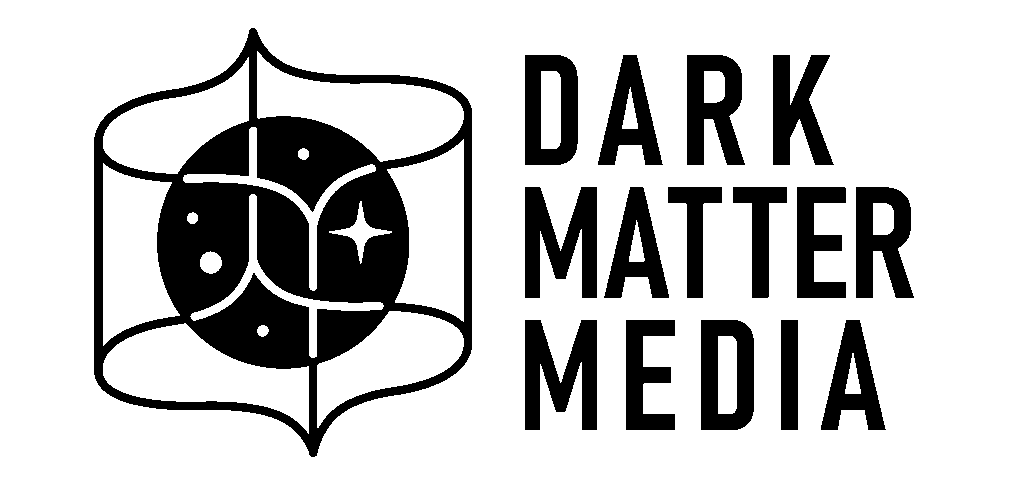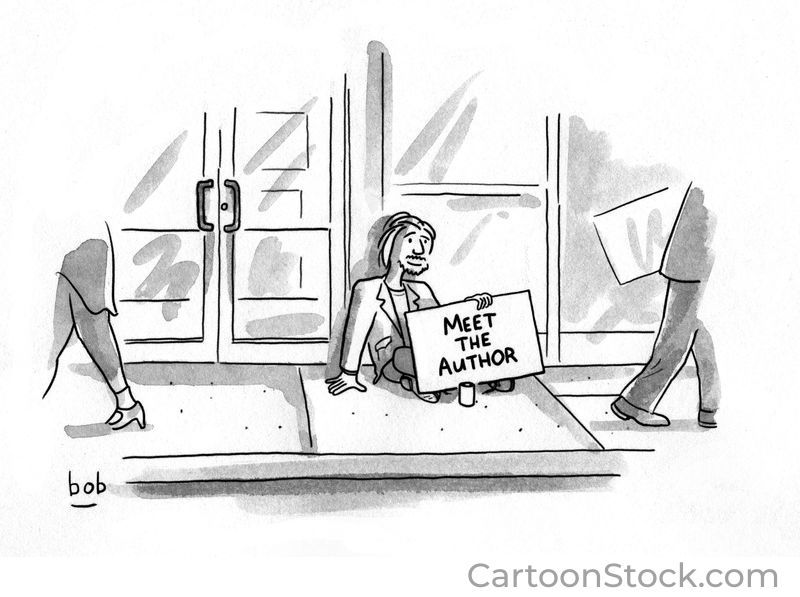
When I started writing my first novel I had no idea what I was doing. You know the cliché about pantsing vs. plotting? Well, I’m a pantser in almost every aspect of my life. Meaning, I hadn’t given a single thought about how I wanted to present this thing to the world before I began writing.
Very quickly, I realized that worrying about, commenting on, and fretting over publishing takes up a lot of writers’ time and energy. At least, the ones I follow on social media. Many factors go into how and why authors choose their publishing path. So last fall, I had to have a serious sit-down talk with myself about what I was trying to accomplish, and what I (realistically) wanted for myself and this novel.
After examining my motivations, I concluded that I didn’t want to have to ‘compete’ against other writers for the attention of large publishing houses, and that my career as a novelist is far more about my own creative satisfaction than it is about trying to make money or get famous as a writer. After that, self-publishing became the obvious choice.
I want to share some of my reasoning on this topic, with a caveat: every writer must make this decision for themselves. I’m not promoting one path over the other, nor am I trying to convince anyone that my choice is the right one. I do think it can be helpful to read about other writers’ creative processes and business decisions, and I’m grateful to the writers who put their thoughts out there on this subject because they helped me think through my own choice.
I’m Being Realistic
First and foremost, I have to be realistic about the mass market viability of my book. The odds of being picked up by a Big Five house for me are slim. This isn’t a reflection of me as either a person or as an artist. It’s the reality. I can’t think of a single thing I’ve ever produced that has had a broad public appeal. I look at the books that are popular on BookTok or the NYT Bestseller List, and I can’t see my novel there. My writing is not for everyone, and I don’t want to try to convince some bottom-line-minded publisher that it is. Nor do I want to change or water down my weirdness to appeal to a bigger audience.
My writing is my art. Which means I use it to explore ideas and feelings. My novel is unconventional, and it’s not written as entertainment (though I have tried to make it entertaining enough to keep readers engaged). Some of the best, most impactful books I’ve ever read are virtually unknown in popular culture. I’m okay sitting with them. Better than okay, actually.
Many writers are still very much tied to the idea that the only legitimate authorship comes from paying obeisance to publishers’ gatekeepers. I don’t have that problem. I understand that publishing is a big business, and I know enough about big business to say that it is a terrible arbiter of what is good, artistically.
There’s Not Much Money to Be Made
A lot of digital ‘ink’ has been spilled over sales figures for books, and a lot of it feels contradictory. Ultimately, it comes down to this:
The vast majority of books – whether traditionally or independently published – don’t sell in large quantities. Most authors are lucky to sell even a couple of hundred copies. This brings me back to my first point. I can say with near certainty that the vast majority of people on this planet are not going to want to read weird, unsettling novels from some middle-aged white woman living in Austin, Texas. I’m not diminishing myself, here, folks. I know who and what I am. The question is, how do I succeed at being a novelist even whilst living this reality?

Since I’m not going to sell millions (or even thousands) of books right away, I should get to keep every single penny that my work generates. It may not be much, but whatever I earn can go right back into my bank account, where I can apply it to future design, editing, and publishing costs. I’m not sitting around on a pile of money, and every cost associated with this book has come from my own pocket. If I can break even, or earn enough to level up with each new book, that would be ideal as I start out. I’m in this for the long haul, and eventually, if I play my indie cards right, over time I’ll create a tidy little career for myself in this space.
As a simple example, to earn $50,000 in a single year (the U.S. median income is around $40k) after my production costs, I’d need around 5000 people to buy my book. 5000 people out of 8 billion is actually very doable. That’s like 0.0000625% of the human population. Which is not to say my books will sell that many right out of the gate, but if I keep at this, there’s no doubt I can find 5000 (or more!) loyal fans on planet earth who dig my work and are happy to buy each new release.
Yes, this is optimistic, but so is going to traditional route. Especially since most of the marketing dollars at trad houses go to promote a handful of ‘sure shots’ like celebrity autobiographies, political tomes, and whatever is coming out by tried and true authors with established audiences.
Since we live in a digital era, and I’ve done digital marketing for decades, why do I need to share any of my meager profits with a publisher?
Which brings me to my next point:
I Have a Specific Vision for My Writing Career
I’m not looking to get on the Colbert show or get reviewed by The New Yorker. I’m not writing books that people who fancy themselves intellectuals carry around in public to signal their brilliance. I’m writing books for people like me. And maybe there aren’t that many of us in the world, but if you think about it, you don’t really *need* that many people to love your work for you to make a living at it. See the previous section.
My vision for my writing career is simple: to have a small, loyal group of people who enjoy my unique brand of weirdness and can sustain my need to write many insane stories before I depart this mortal coil. I’m not even a particularly confident person, and I know this is possible.
I Want Creative Control
I’ve said it before, but my writing is my art. I’m simply not interested in compromising on my artistic vision, but especially not with the bottom line of a giant corporation. I’ll succeed in my vision for my career as a novelist because I refuse to let anyone else tell me what is worthwhile (and what is not).
Besides, I really, really enjoy having the final say about every aspect of my books—everything from the design and paper choices, to how and when I distribute. And look, I’m not a fool! I regularly read the opinions of industry professionals and consider them. I’m happy to learn from the experience and expertise of people who have walked this path before me. But at the end of the day, I want every single decision about this process to be mine. Because, yes, I love writing stories. But I also love books as objects.
If it’s good enough for…
Finally, to dispel any myths that self-published and indie writers are somehow inferior in quality to those produced by giant corporations, I want to remind folks that a lot of brilliant authors have published their own work. Many of these authors had to found their own presses before we had digital tools, which is a huge commitment! And hey, I’m not saying I’m the next Virginia Woolf or Mark Twain, I’m just saying that good writing is good writing, regardless of who publishes it. I’ve read plenty of shitty books that came from traditional presses, and plenty of outstanding work that has been published independently.
Anyway, I do hope this blog post has been helpful to anyone who is on the fence about how to publish their work. Again, my intention isn’t to persuade, only to be transparent about my own thought process. Whichever way you choose to share your writing with the world, I hope that you find creative satisfaction and joy in your work. Because at the end of the day (and at the end of our lives), that’s what really counts.
Stay updated on the latest news about my upcoming release, The Whole Enchilada, launching 11/1/25.

